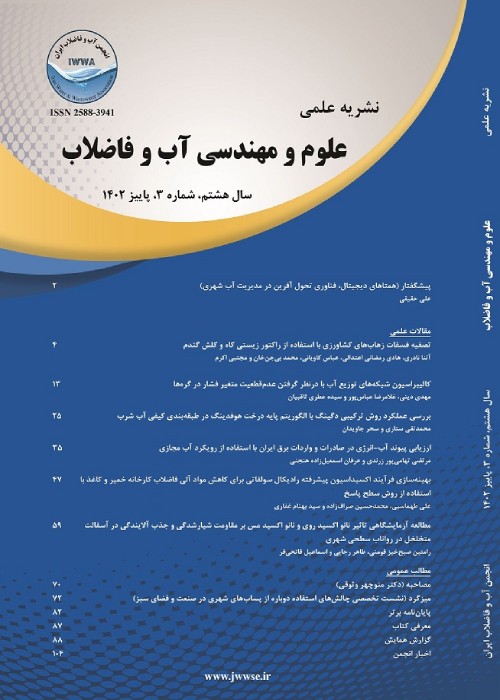Scale Formation and the Use of Antiscalant to Control Scaling
Scaling is known as one of the most important issues and limitation in aqueous systems, which involved several industries. Applying an efficient, economic and environment friendly solution to control scale formation is challenging. Scaling prevents efficient heat transfer by forming an insulated layer on the surface of heating elements. Moreover, scaling increases the pressure drop in the process and consequently it raises maintenance costs and even leads to system shut down. Using antiscalants is considered the most promising method to control scale formation. To this end, antiscalants are added to the process water. These compounds have received a lot of attention due to the fact that they can control the deposition by the low values and coverage of several mechanisms and can be used simultaneously with the process and do not have significant waste. Antiscalants disrupt the scaling process through a variety of mechanismsincluding threshold effect, crystal modification, dispersion or sequestration. In the current study, scale formation process and the role of antiscalants are discussed.
- حق عضویت دریافتی صرف حمایت از نشریات عضو و نگهداری، تکمیل و توسعه مگیران میشود.
- پرداخت حق اشتراک و دانلود مقالات اجازه بازنشر آن در سایر رسانههای چاپی و دیجیتال را به کاربر نمیدهد.


